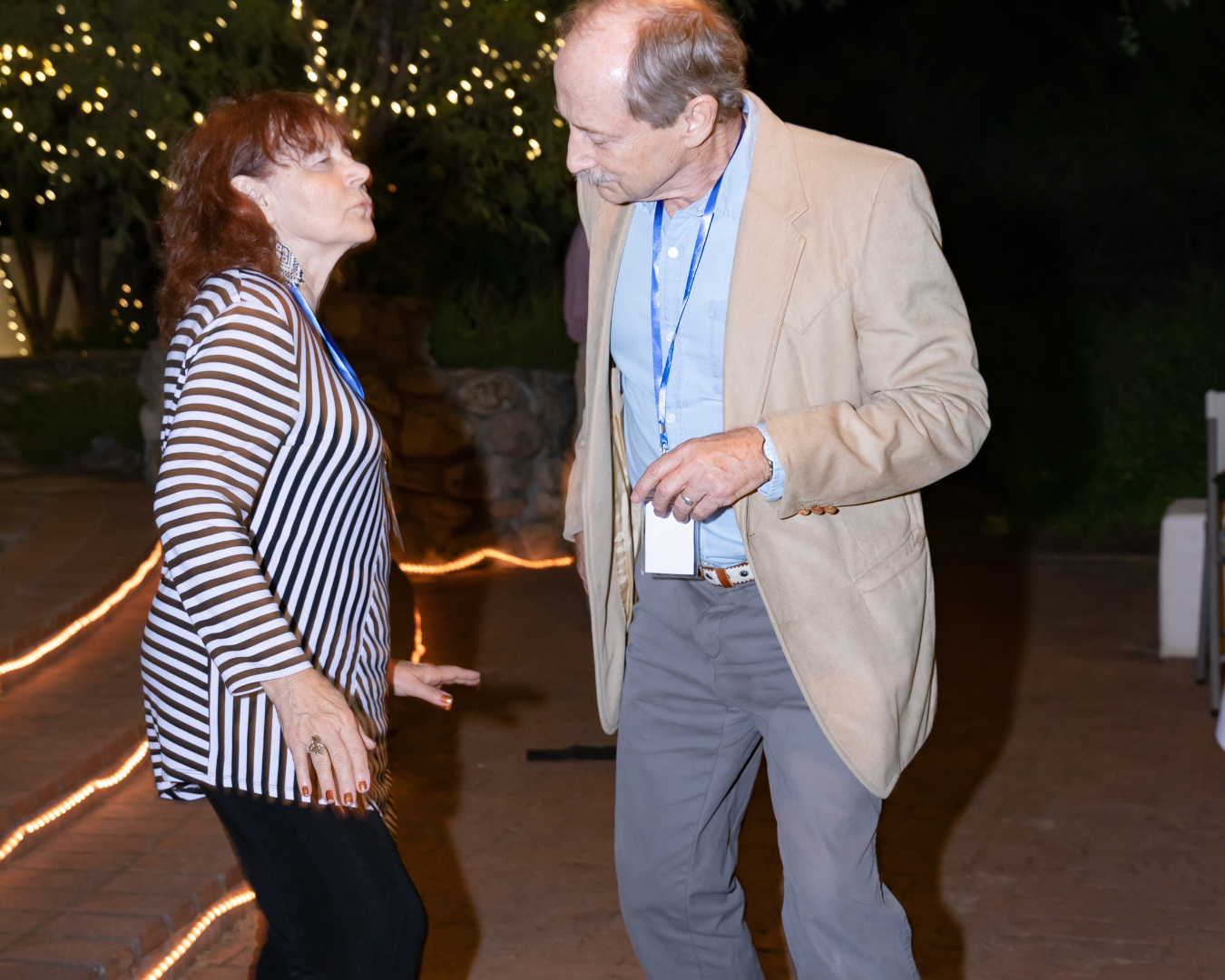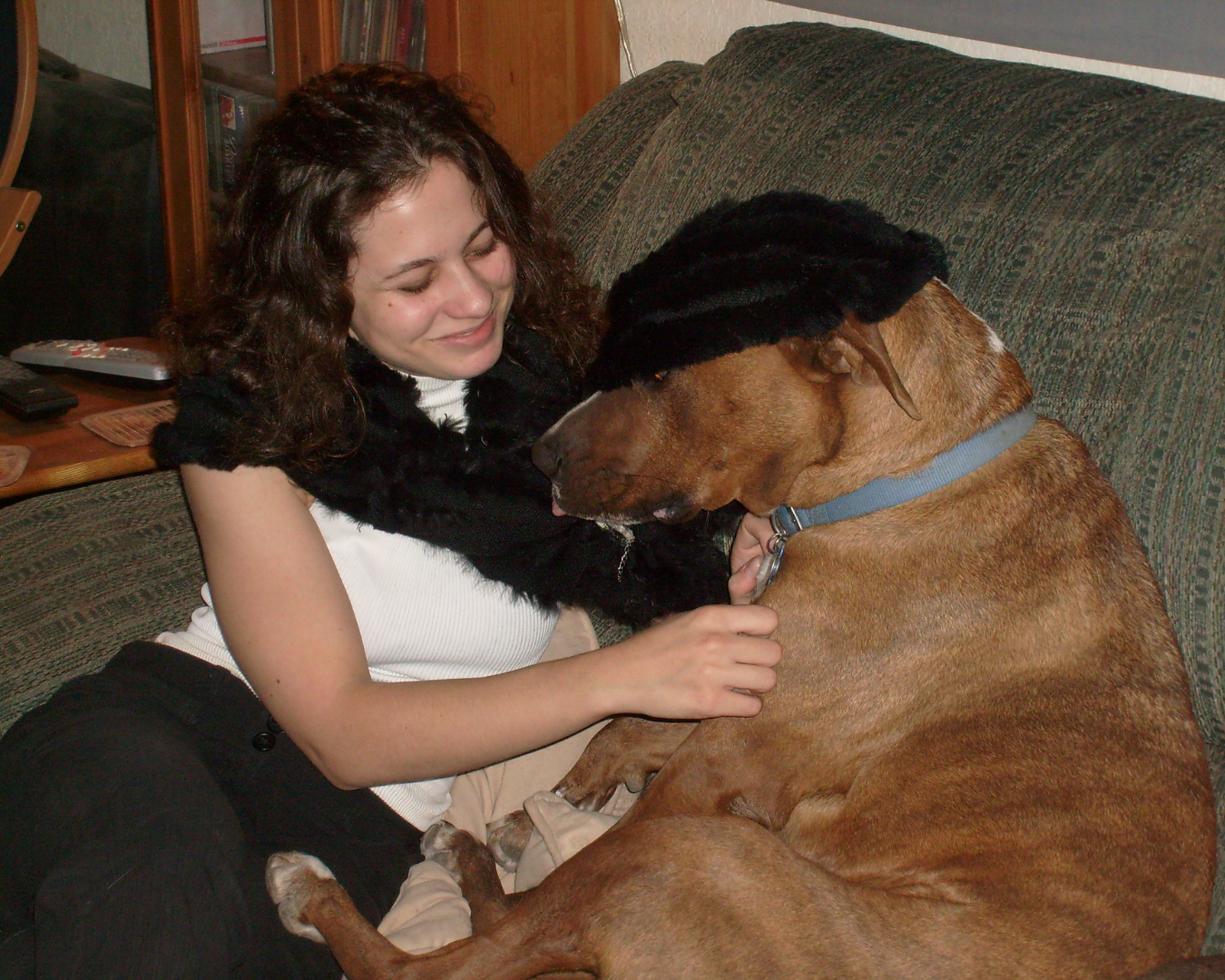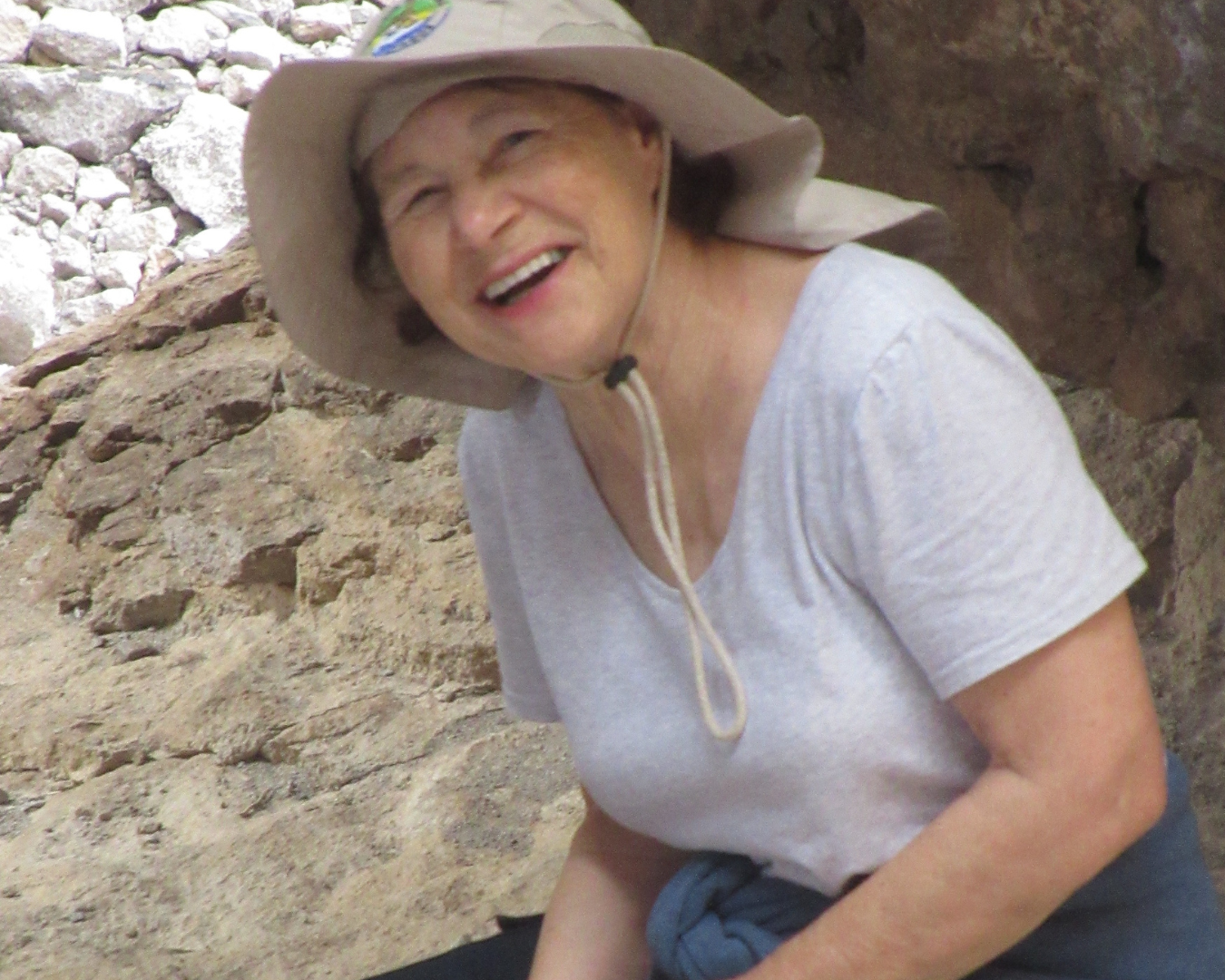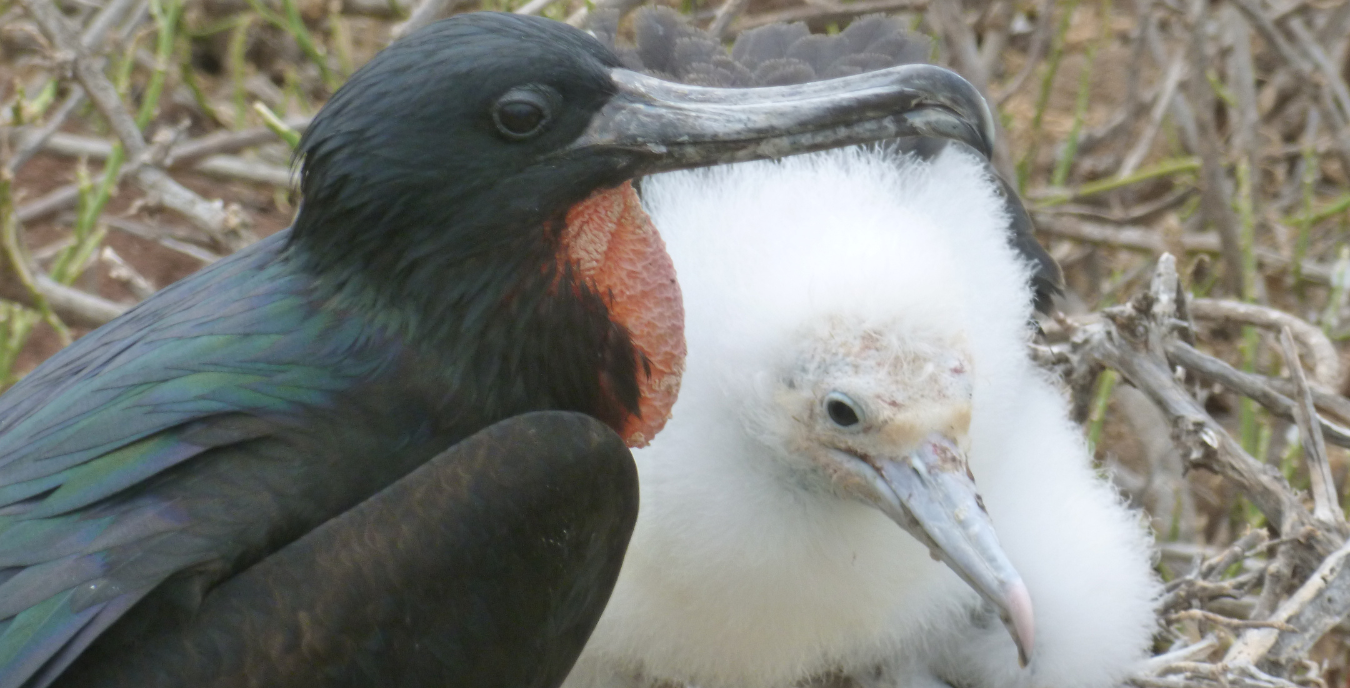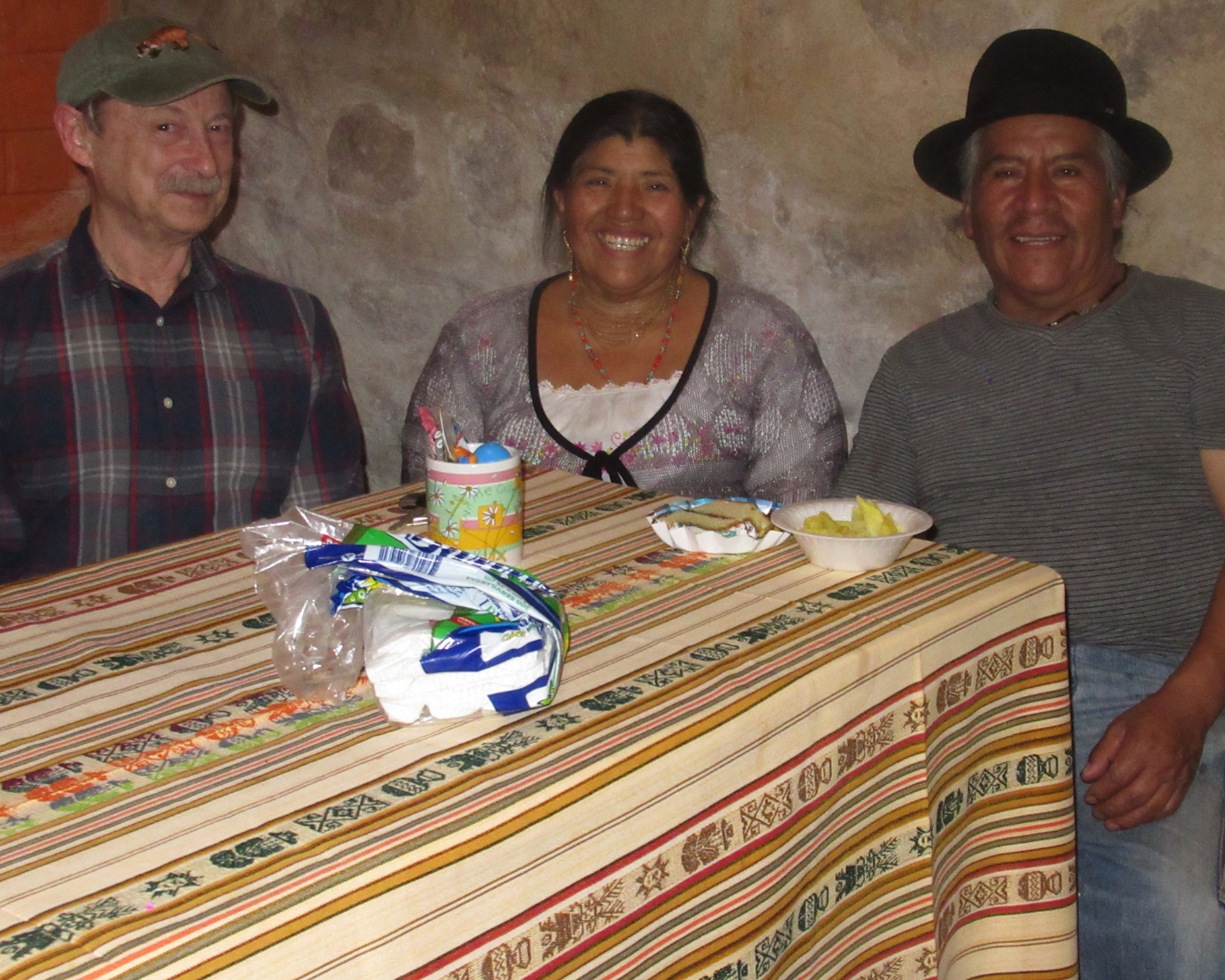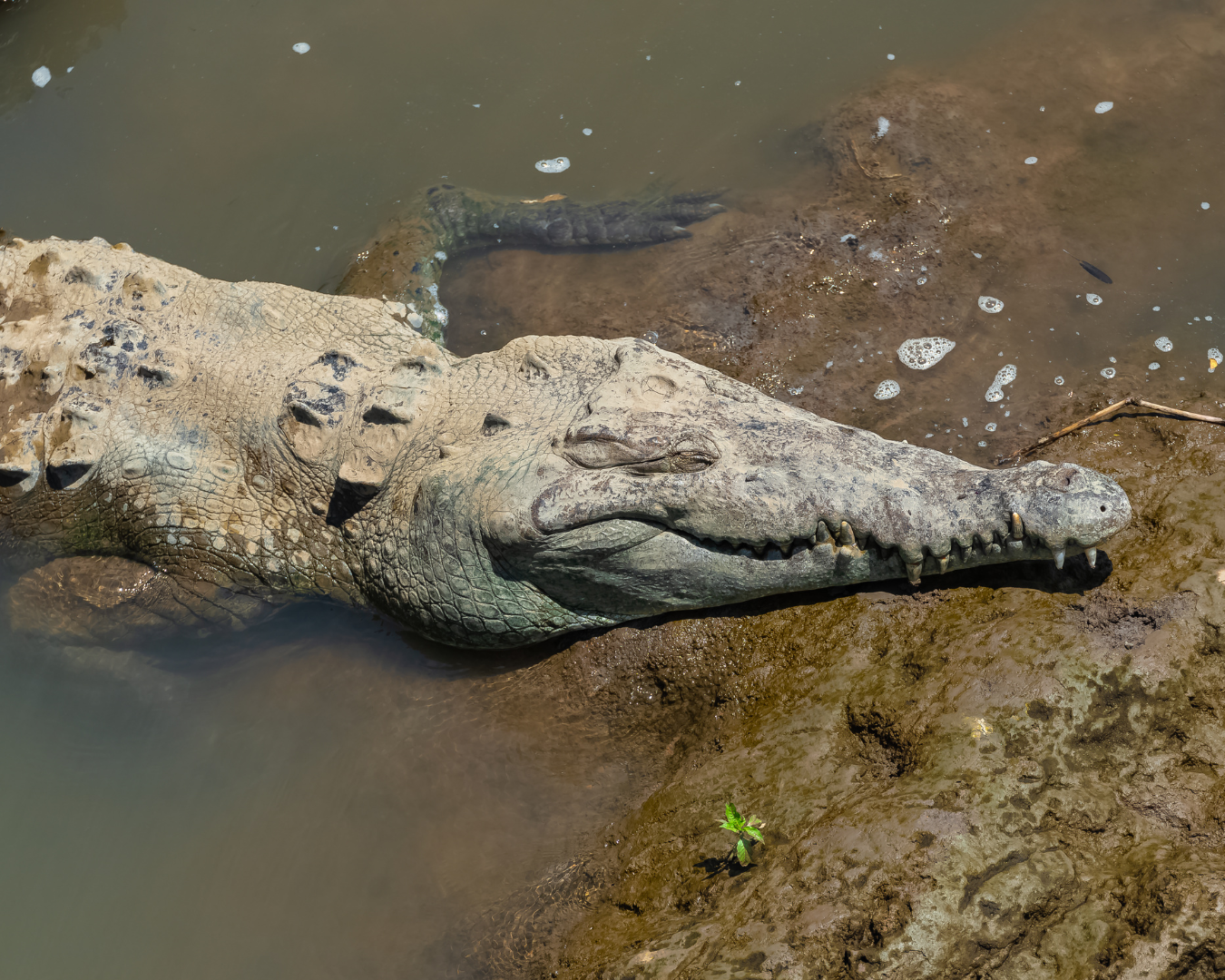Want Me To Contact You?
Biographical Notes
My first short story, when I was five, was written on thick, gray cardboard, the inserts used by the local hand laundry to preserve the crisp lines of my father’s shirts. The hero was a squirrel from Central Park. I longed to bring one home to our apartment on West 11th Street. Finally, decades later, I got my wish, four squirrels that took up residence under our shed. My wife Karen and I delighted in watching them feed and scamper until they ate the wires on our Nissan, shorting it out, upon which we trapped and then transported them, one by one, to the Saguaro National Monument.
Even after my mother landed her first teaching job and moved the two of us to Wickenburg, Arizona, the Dude Ranch Capital of the World, and from there to Tucson, we continued to summer in New York, both the city and our house on the bluff, far out on the North Fork of Long Island, overlooking our beach on the Sound. In other words, we lived like millionaires on what for years was only my father’s salary as a history teacher at Seward Park High School, on the Lower East Side. After my parents’ divorce, I spent summers with my father on San Diego’s beaches—at that time affordable on a retiree’s pension.
Eventually I graduated from Pomona College, then the MFA program at the University of Arizona, with no student debt, because they were cheap.
Along with my inherent white male privilege, then, I enjoyed the privilege of good timing.
To offset this somewhat, I acquired few marketable skills, so my early jobs included warehouse laborer in New York’s Garment District, salmon canner in Alaska, ditchdigger in Tucson, and dishwasher in Harvard Square. I paid for one year of grad school by riprapping, setting boulders on the hillsides of new urban sprawl. I loved those jobs, actually, and my body didn’t have to perform them beyond its youth.
In contrast to my wife, who survived an alcoholic, abusive family, I concocted all my problems entirely on my own.
My greatest good luck was meeting Karen when she was the circulation manager and I the photographer for a small weekly newspaper in Tucson. We’ve been married since 1984.
As I transitioned into teaching, both as a writer-in-the-schools and at colleges and universities, and Karen into the field of early childhood, our academic schedule allowed us to travel. Our daughter, Kelsey, spent her first three birthdays in Canada, Montana, and Iceland.
For several years we summered in the village of Pryor, Montana, on the Crow Nation, enjoying the small-town life of playing board games, gathering lodgepole pines, and sharing stories, stories, stories.
Karen and I have kept our appetite for wonder. Too many heartstopping moments to name, but a sampling:
—skimming Stingray Alley with Kelsey, her first scuba dive at age twelve, the gray disks
erupting from the sand beneath us, flying up on both sides into a living valley that
moved with us—
—my mother’s dying voice describing to me, “I’m walking. You are walking with me,
and Karen, and Kelsey. I’m walking over the world. The stars are around us. There’s a
droll mountain range in China like the inside of an egg carton”—
—an entire hillside in Costa Rica shimmering with fireflies—
—the literature that children can make when given a chance—
—gazing at the Renaissance masterpieces right smack in my face at the Uffizi, in
Florence—
—the audience’s tumultuous joy at a Maná concert—
—the grace and brilliance of our extended family in Otavalo, Ecuador: Matilde, José,
Inti, and Joselito—
—birds—
—dogs.
Kelsey has grown into my tutor in science and contemporary ethics.
Writing is ageless and timeless. Within the writing state, death is impossible.
The bond between writing teacher and student is wonderful in its lopsidedness. It never goes according to plan. It is unbalanced, asymmetrical, tipping one direction and the other. It overflows. Nowhere did I experience that more than in 23 years with the nonprofit ArtsReach, which Karen and I founded with our friend, poet Mick Fedullo, in 1987. Working in Native communities, particularly Yaqui and Tohono O’odham, I felt perpetually out of my depth. That’s living large.


